Inverter
Case study_ Deye-SunGrow inverters in African microgrids
Case Study: Deye/SunGrow Inverters in African Microgrids
In recent years, the demand for reliable and sustainable energy solutions has grown significantly, particularly in off-grid and remote regions of Africa. Microgrids have emerged as a key solution to address energy poverty, providing electricity to communities that are not connected to the main grid. At the heart of these microgrid systems are inverters, which play a crucial role in converting solar energy into usable power. Among the many brands available, Deye and SunGrow inverters have gained recognition for their performance, reliability, and suitability for African conditions. This case study explores the role of Deye and SunGrow inverters in African microgrids, highlighting their impact on energy access and sustainability.
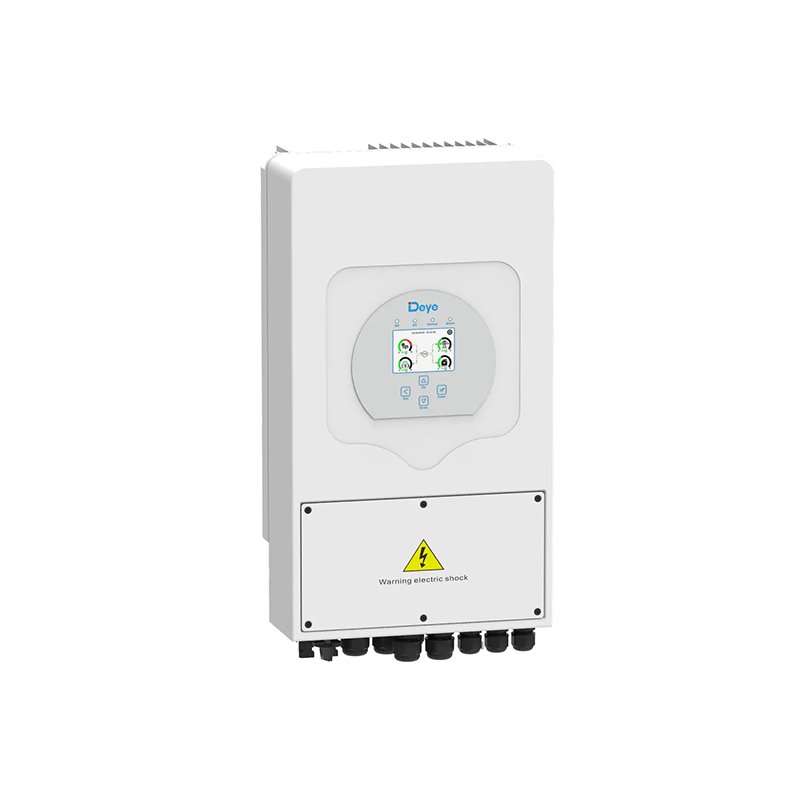
The Role of Microgrids in Africa
Microgrids are localized energy systems that operate independently of the main grid, providing electricity to communities, businesses, and institutions. In Africa, where many rural areas lack access to reliable electricity, microgrids have become a lifeline. They enable the integration of renewable energy sources, such as solar panels, into a distributed energy system that can meet the power needs of a community.
The success of a microgrid depends on several factors, including the availability of renewable energy resources, energy storage systems, and the efficiency of power conversion devices like inverters. Inverters are essential because they convert the direct current (DC) power generated by solar panels into alternating current (AC) power, which is required for most household and industrial appliances.
Deye and SunGrow Inverters: A Key Component
Deye and SunGrow are two of the leading brands in the renewable energy sector, known for their high-quality inverters. Both companies have a strong presence in Africa, where their inverters are widely used in solar and microgrid projects.
Deye Inverters
Deye is a Chinese-based company that specializes in the production of inverters, solar panels, and energy storage systems. The company has a strong reputation for producing inverters that are both efficient and durable, making them ideal for use in harsh and remote environments. Deye inverters are often used in off-grid solar systems, where their ability to operate without grid connection makes them a popular choice.
One of the key features of Deye inverters is their MPPT (Maximum Power Point Tracking) technology, which ensures that the inverter operates at the maximum efficiency by adjusting the voltage to match the optimal power point of the solar panels. This technology is particularly useful in environments where sunlight conditions can vary significantly, such as in Africa.
SunGrow Inverters
SunGrow is another Chinese company that has established itself as a leader in the renewable energy sector. The company offers a wide range of inverters, including string inverters, central inverters, and hybrid inverters, which are suitable for both on-grid and off-grid applications. SunGrow inverters are known for their high efficiency, reliability, and advanced features, making them a popular choice for microgrid projects in Africa.
One of the standout features of SunGrow inverters is their ability to integrate with energy storage systems, which is crucial for microgrid applications. By combining solar energy generation with energy storage, SunGrow inverters enable microgrids to provide a stable and continuous power supply, even when the sun is not shining.
Case Studies: Deye and SunGrow Inverters in Action
To understand the impact of Deye and SunGrow inverters in African microgrids, let’s look at some real-world case studies.
Case Study 1: Deye Inverters in a Rural Microgrid in Kenya
In a remote village in Kenya, a microgrid system has been installed to provide electricity to over 200 households. The system relies on solar panels, a battery storage system, and a Deye inverter. The inverter’s MPPT technology ensures that the system operates at maximum efficiency, even during periods of variable sunlight.
The village’s microgrid has significantly improved the quality of life for the community. Families can now power lights, appliances, and communication devices, which has led to increased productivity and economic opportunities. The Deye inverter has proven to be a reliable and durable component of the system, with minimal maintenance required over the years.
Case Study 2: SunGrow Inverters in a Hybrid Microgrid in Tanzania
In Tanzania, a hybrid microgrid system has been installed to provide electricity to a small town. The system combines solar energy with a backup diesel generator and uses SunGrow inverters to manage the power conversion and distribution.
The SunGrow inverters have been instrumental in ensuring the smooth operation of the microgrid. Their ability to integrate with the diesel generator has allowed the system to provide a stable power supply, even during periods of low solar irradiance. The inverters’ advanced features, such as real-time monitoring and fault detection, have also made it easier to maintain and troubleshoot the system.
The Impact of Deye and SunGrow Inverters on Energy Access and Sustainability
The use of Deye and SunGrow inverters in African microgrids has had a significant impact on energy access and sustainability. By providing reliable and efficient power conversion, these inverters have enabled microgrid systems to deliver electricity to communities that would otherwise remain in the dark.
The adoption of these inverters has also contributed to the sustainability of microgrid systems. Their high efficiency and durability reduce the need for frequent replacements, which not only lowers operational costs but also minimizes the environmental impact of the system.
Moreover, the use of inverters in microgrids has helped to reduce reliance on fossil fuels, which is a major contributor to greenhouse gas emissions. By integrating renewable energy sources into the power system, these inverters have played a key role in promoting sustainable energy practices in Africa.
The case studies of Deye and SunGrow inverters in African microgrids demonstrate the critical role that inverters play in addressing energy poverty and promoting sustainability. With their advanced features, high efficiency, and durability, these inverters have proven to be a reliable solution for off-grid and remote communities in Africa.
As the demand for renewable energy solutions continues to grow, the use of high-quality inverters like those from Deye and SunGrow will be essential for the success of microgrid projects. Their impact on energy access and sustainability cannot be overstated, and their continued adoption in Africa will play a key role in achieving the goal of universal energy access.

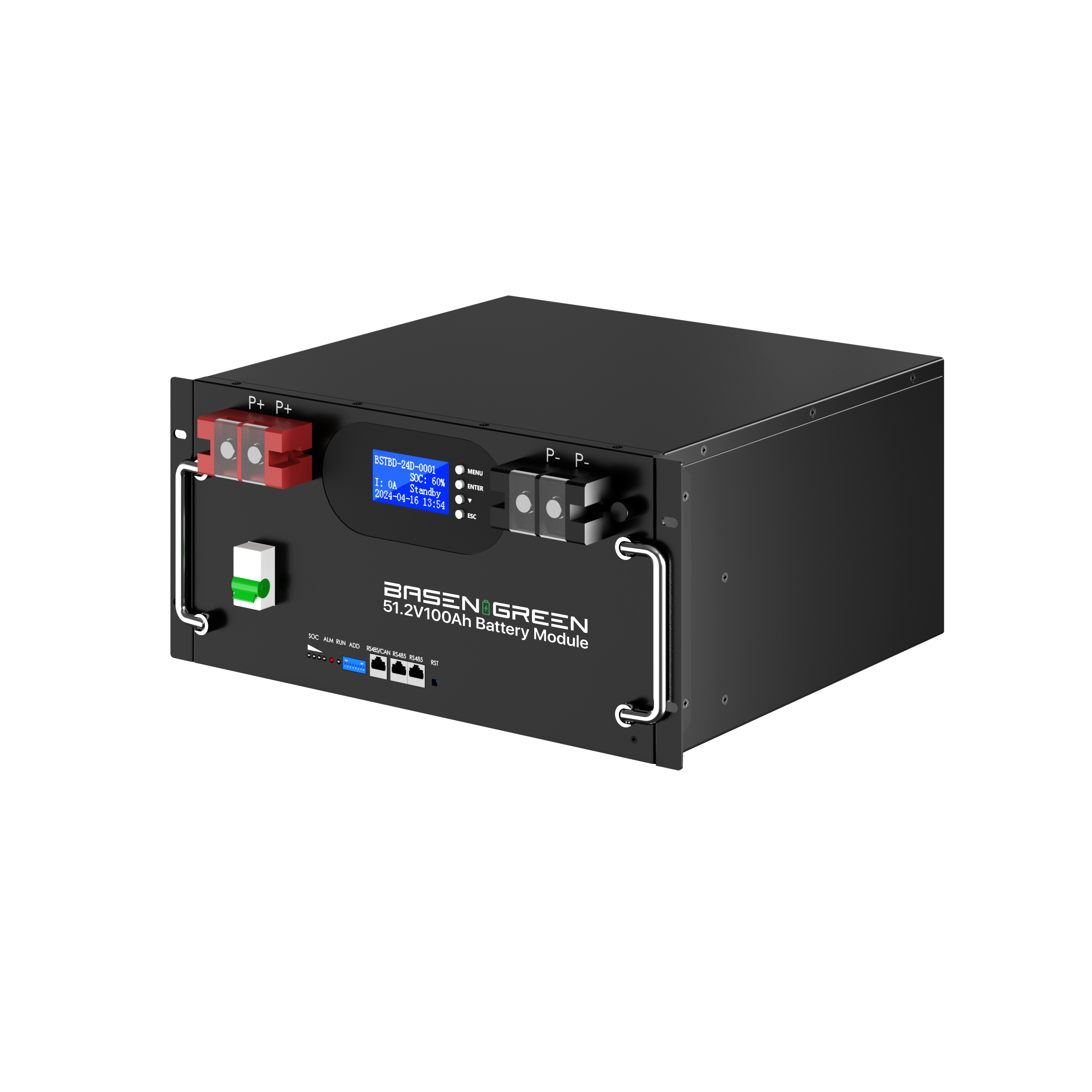
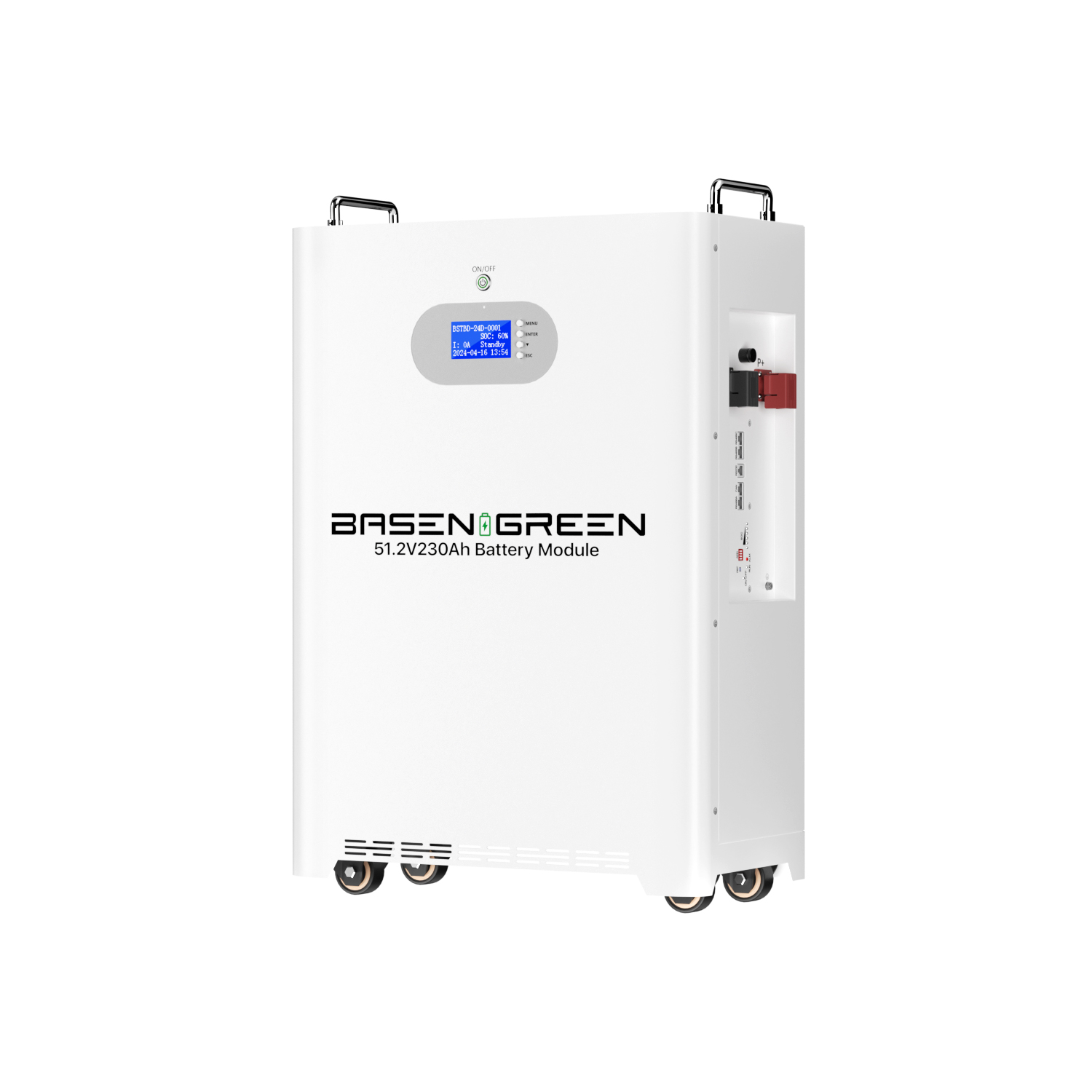
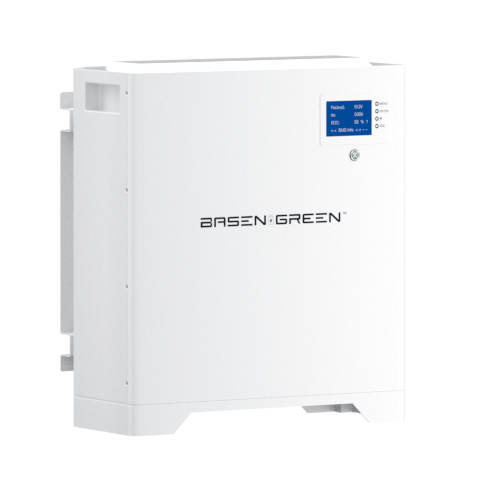
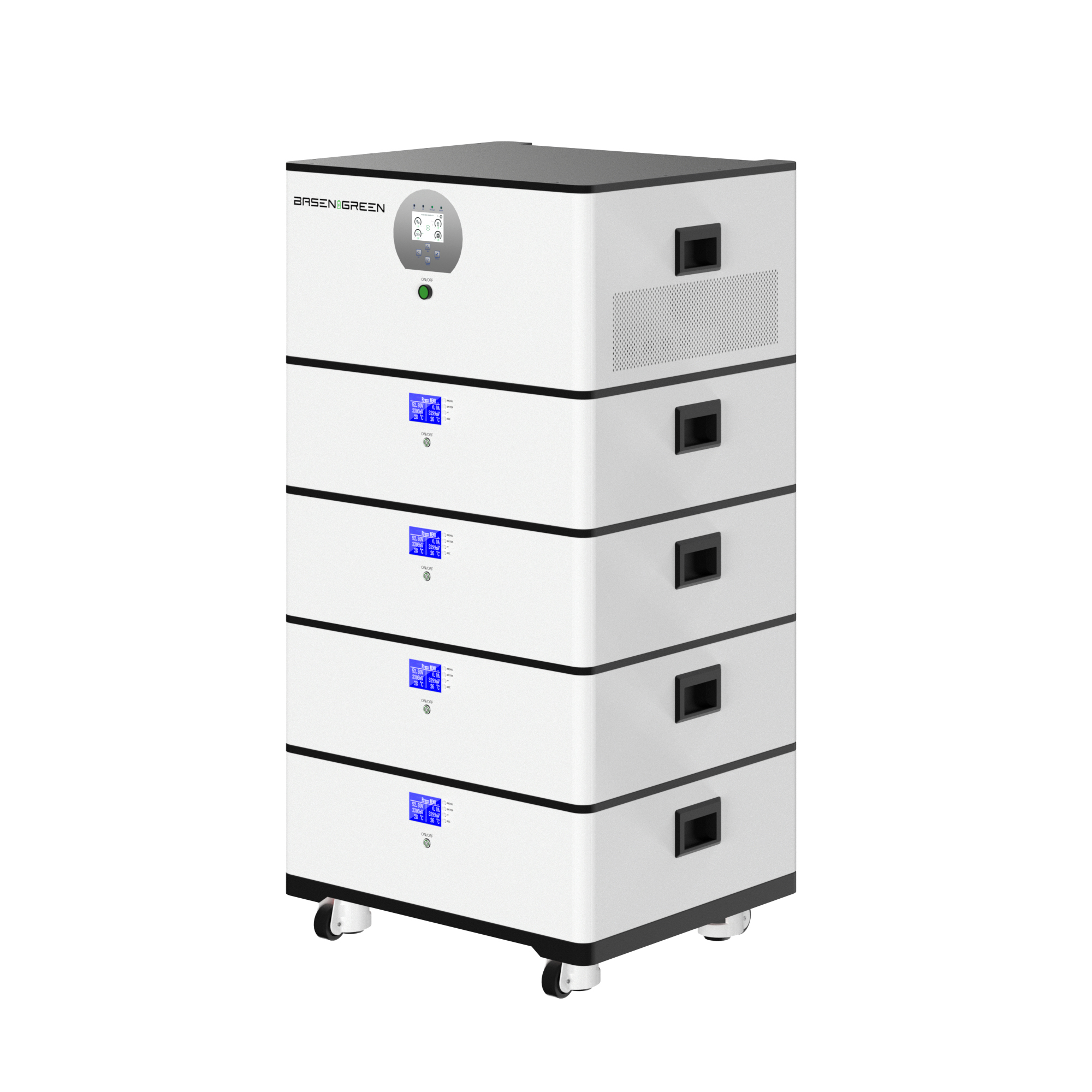

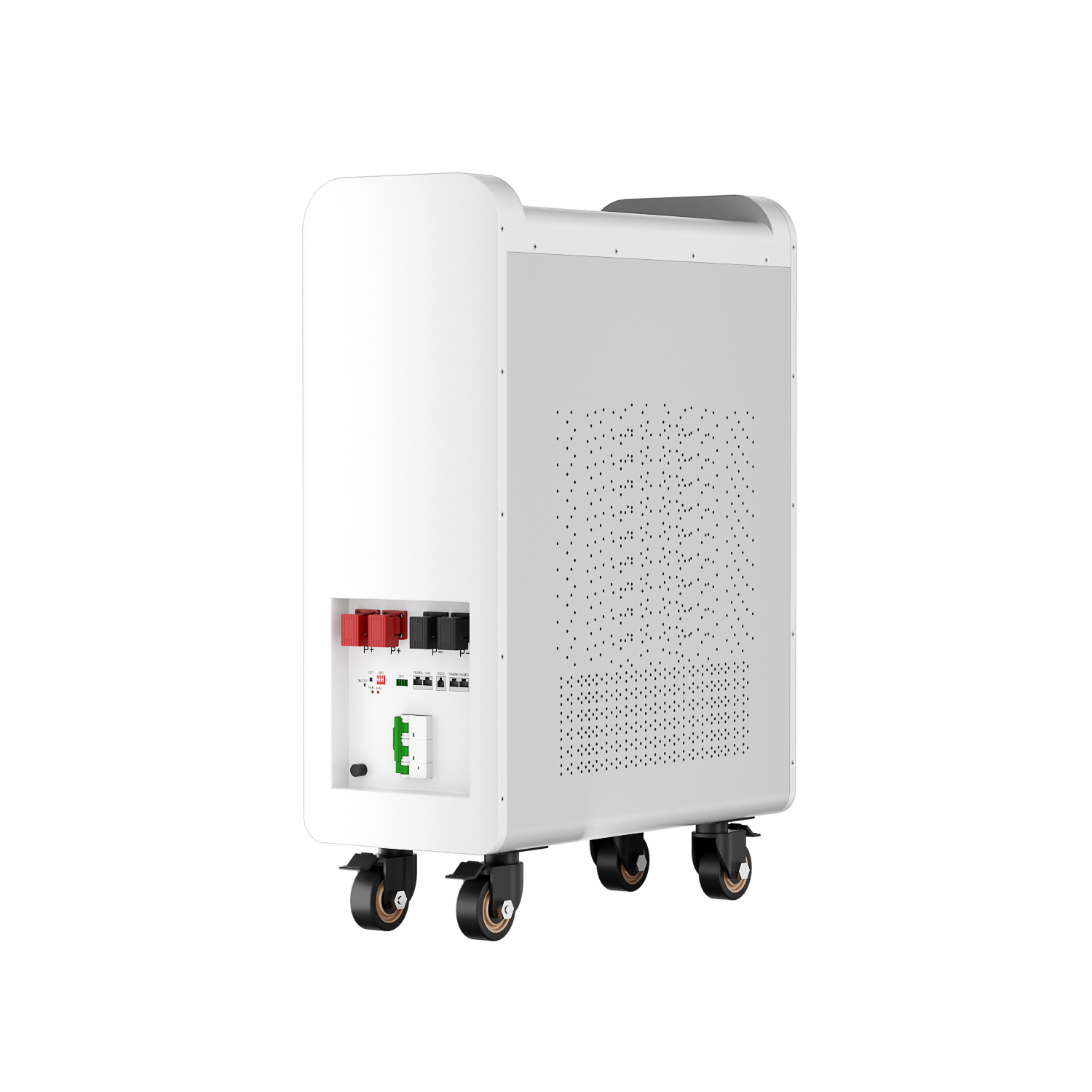
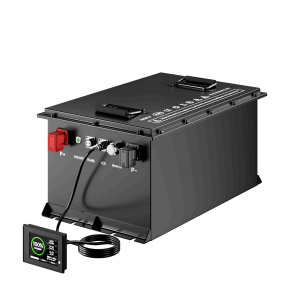
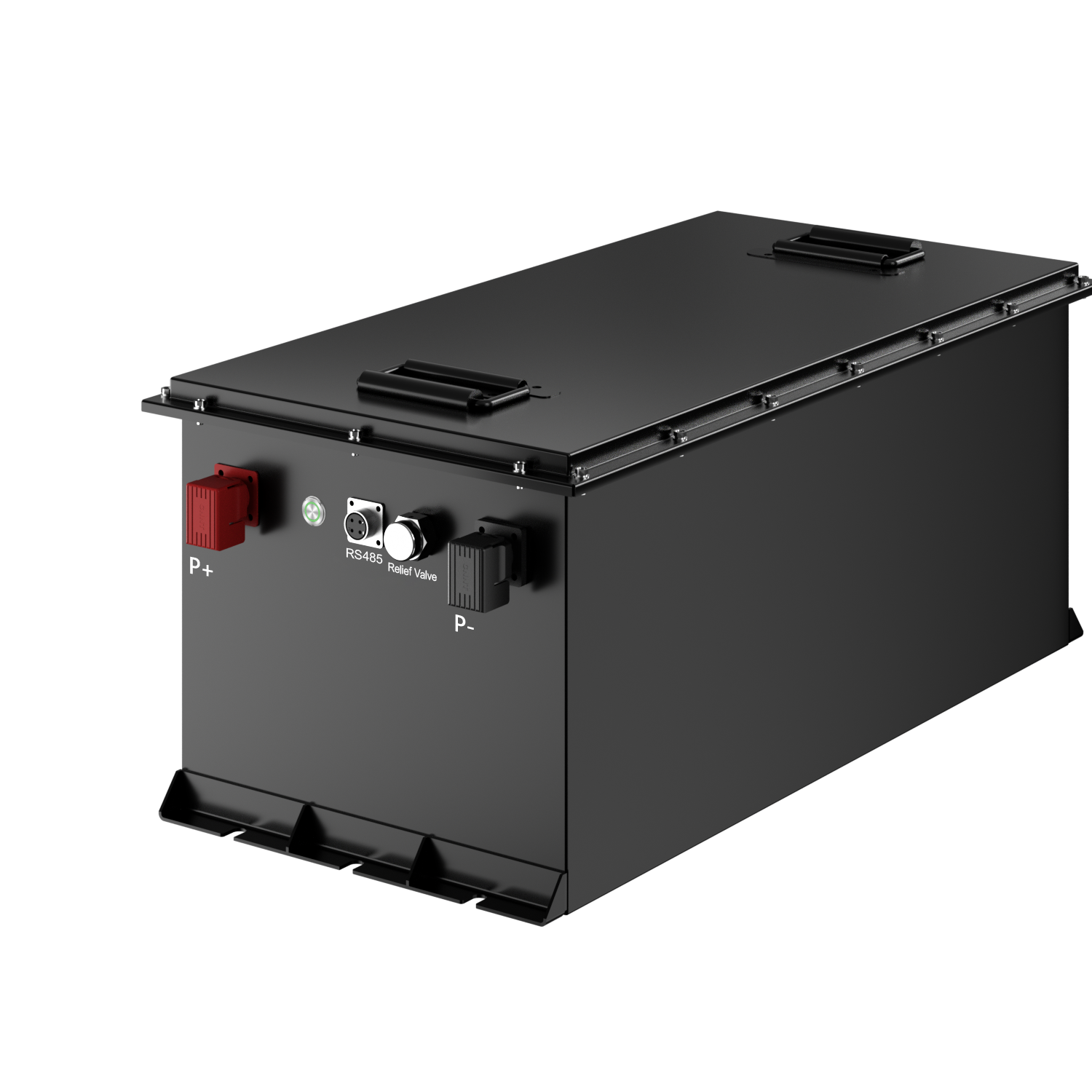
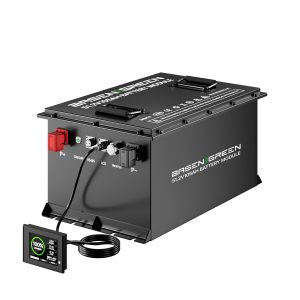
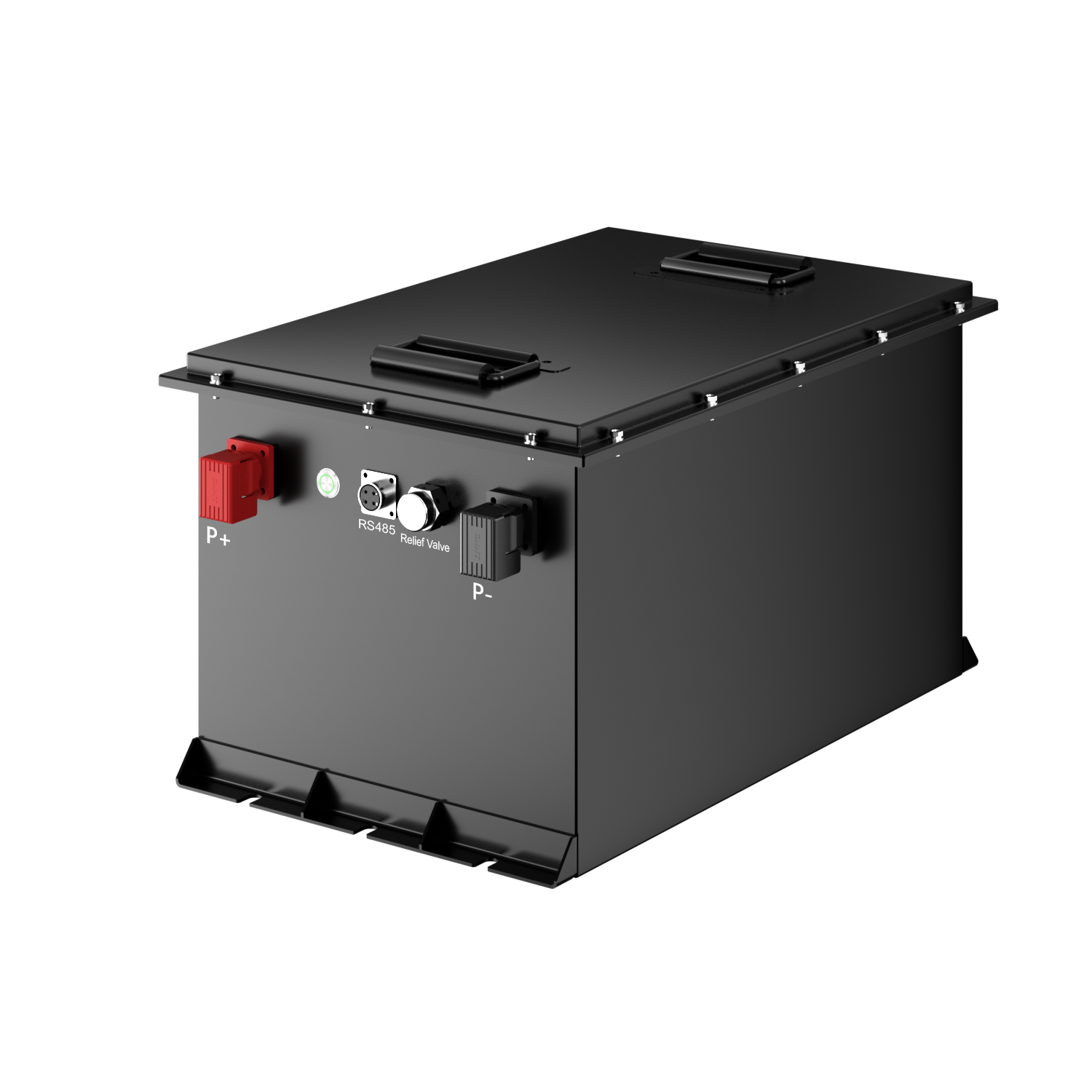
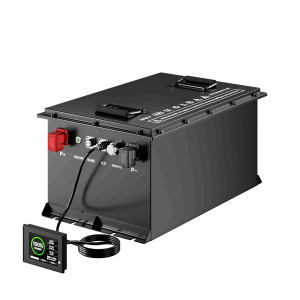
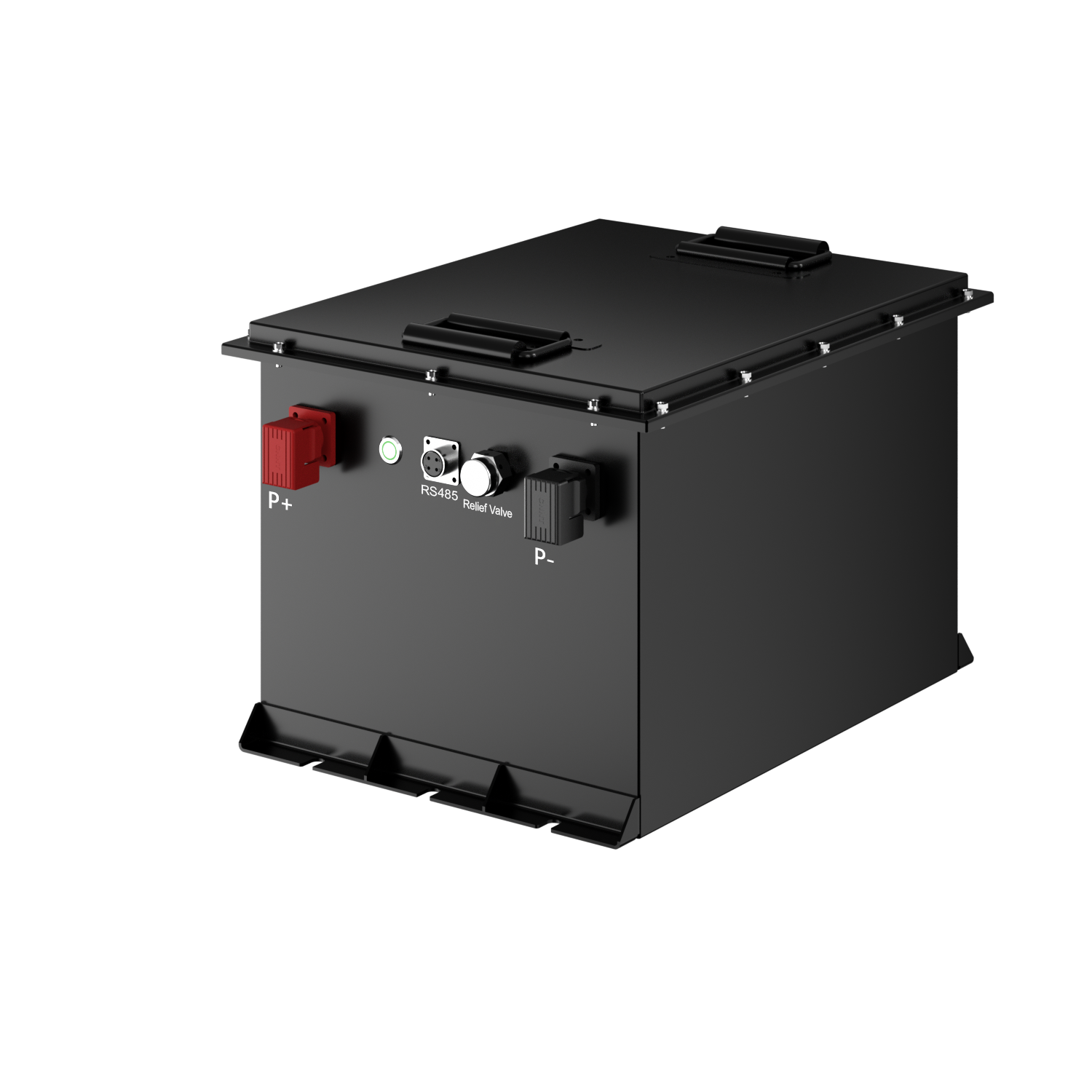
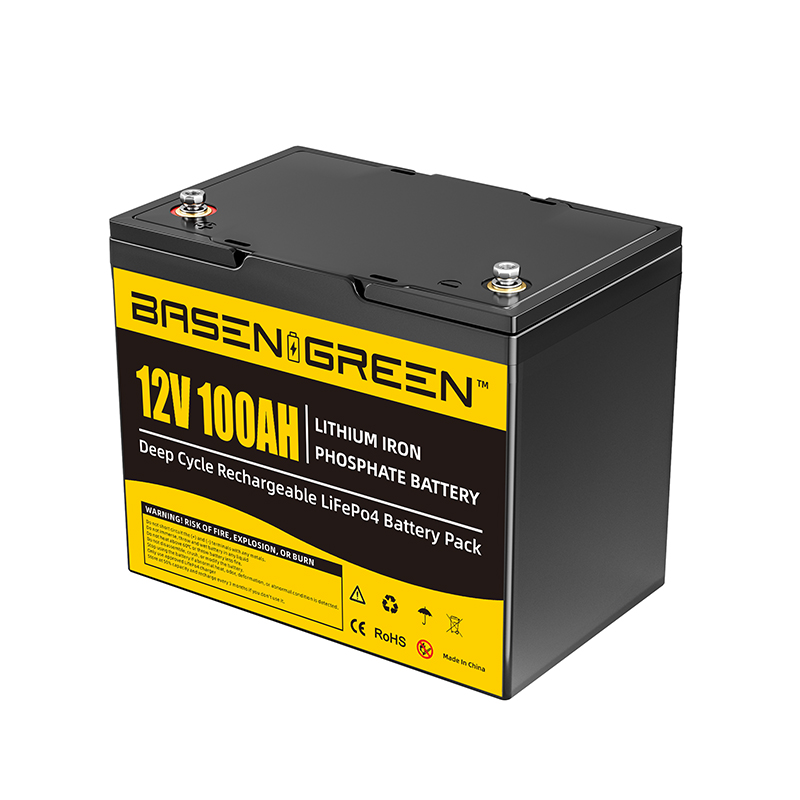
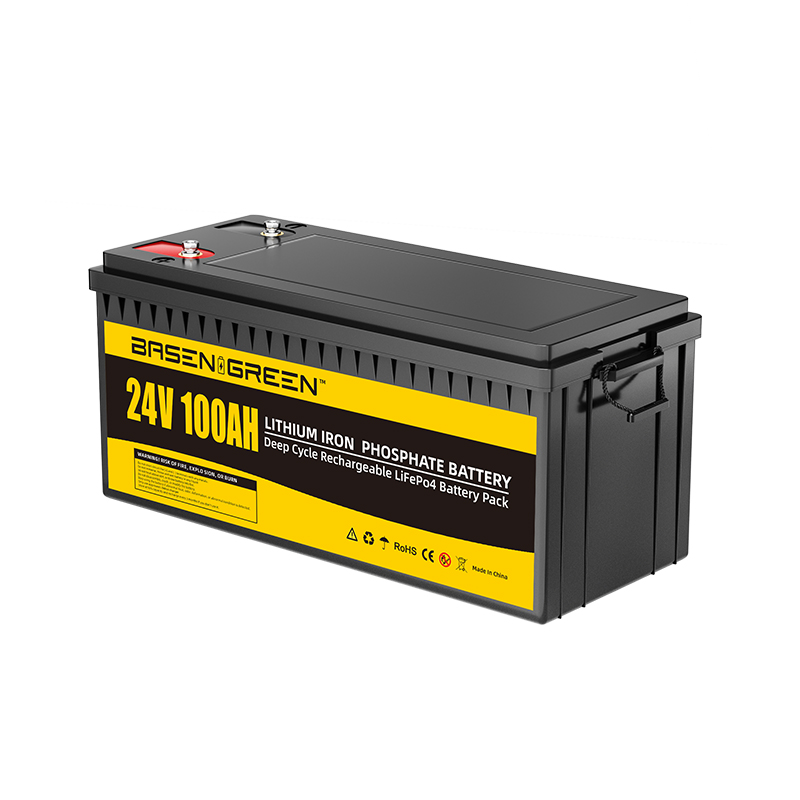
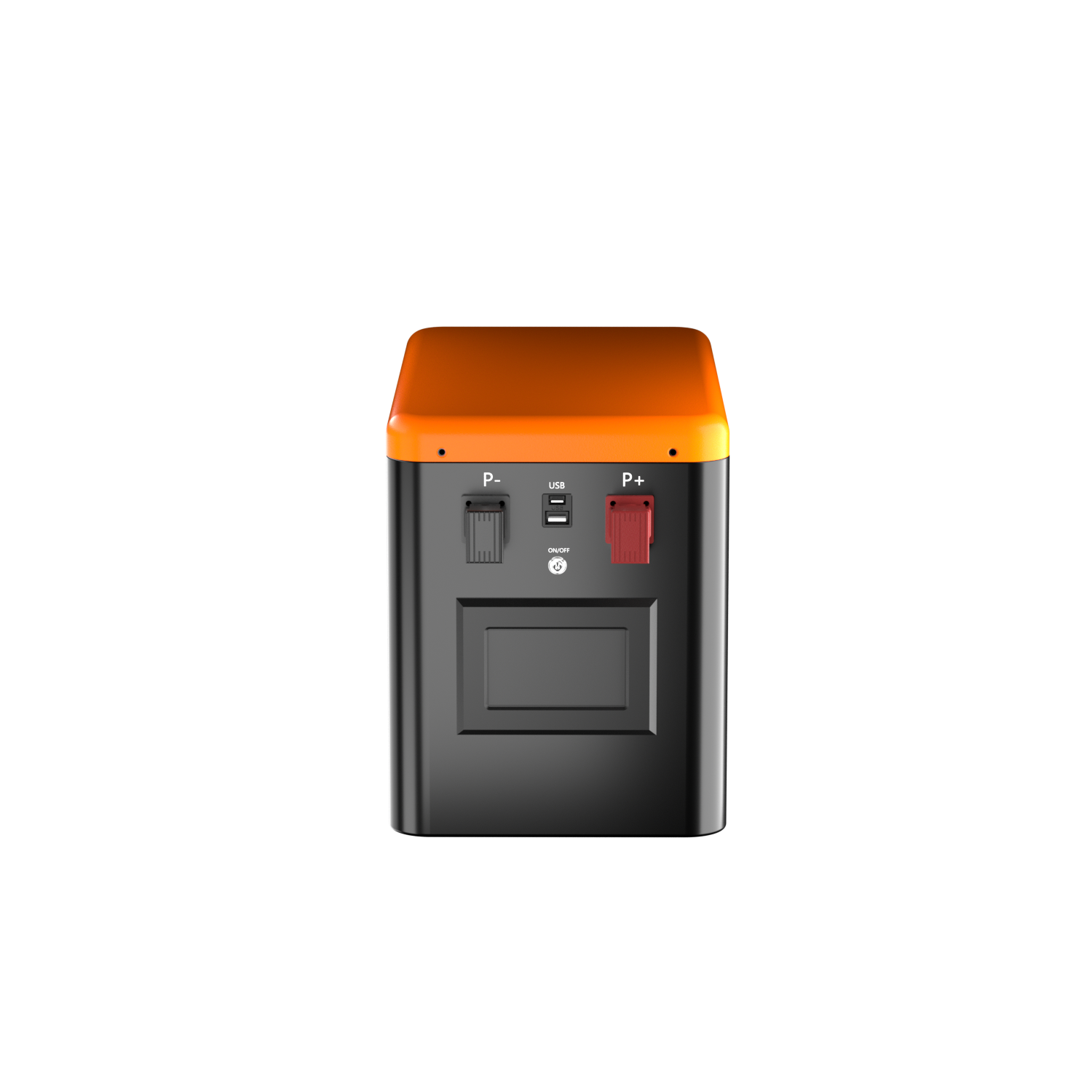
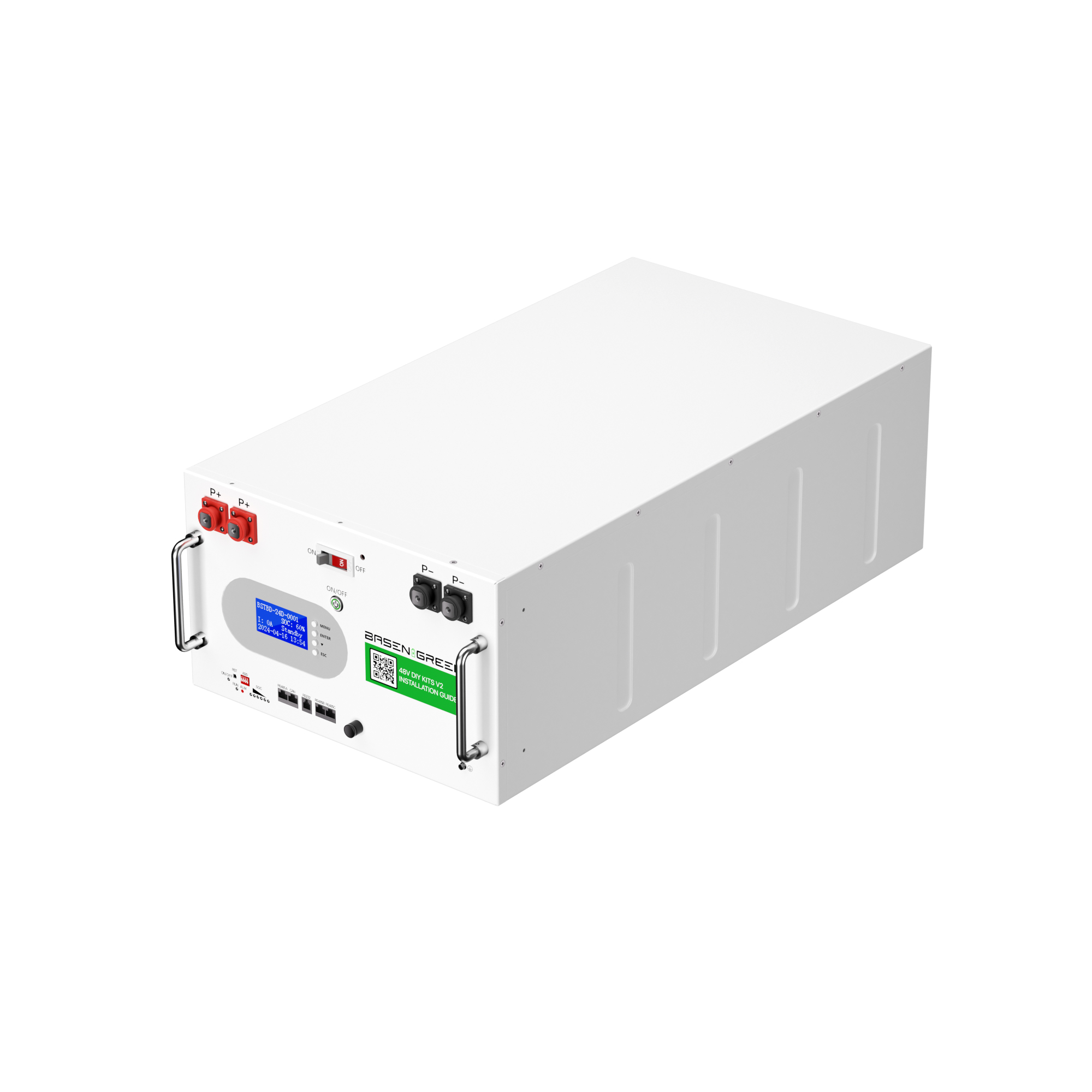
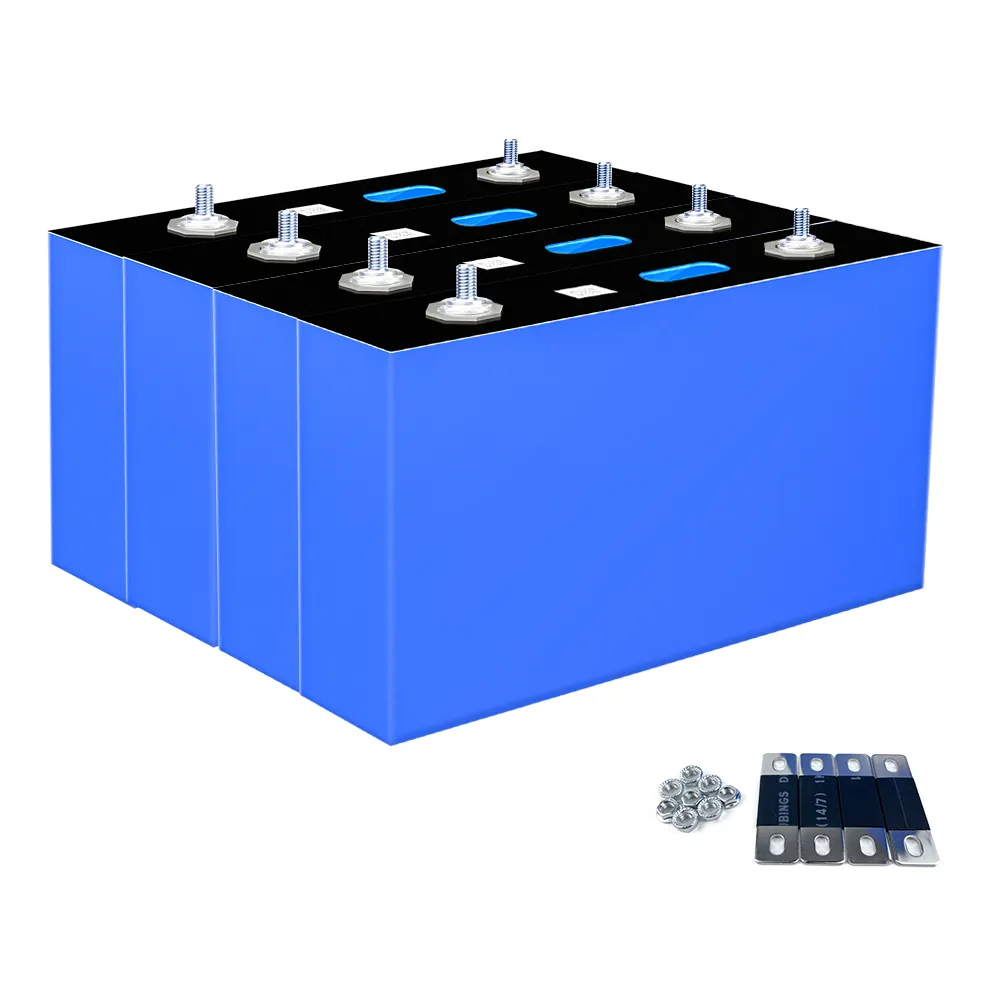
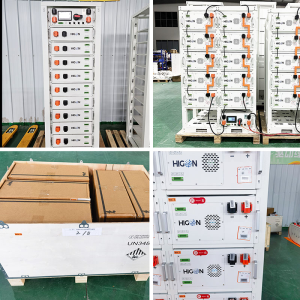
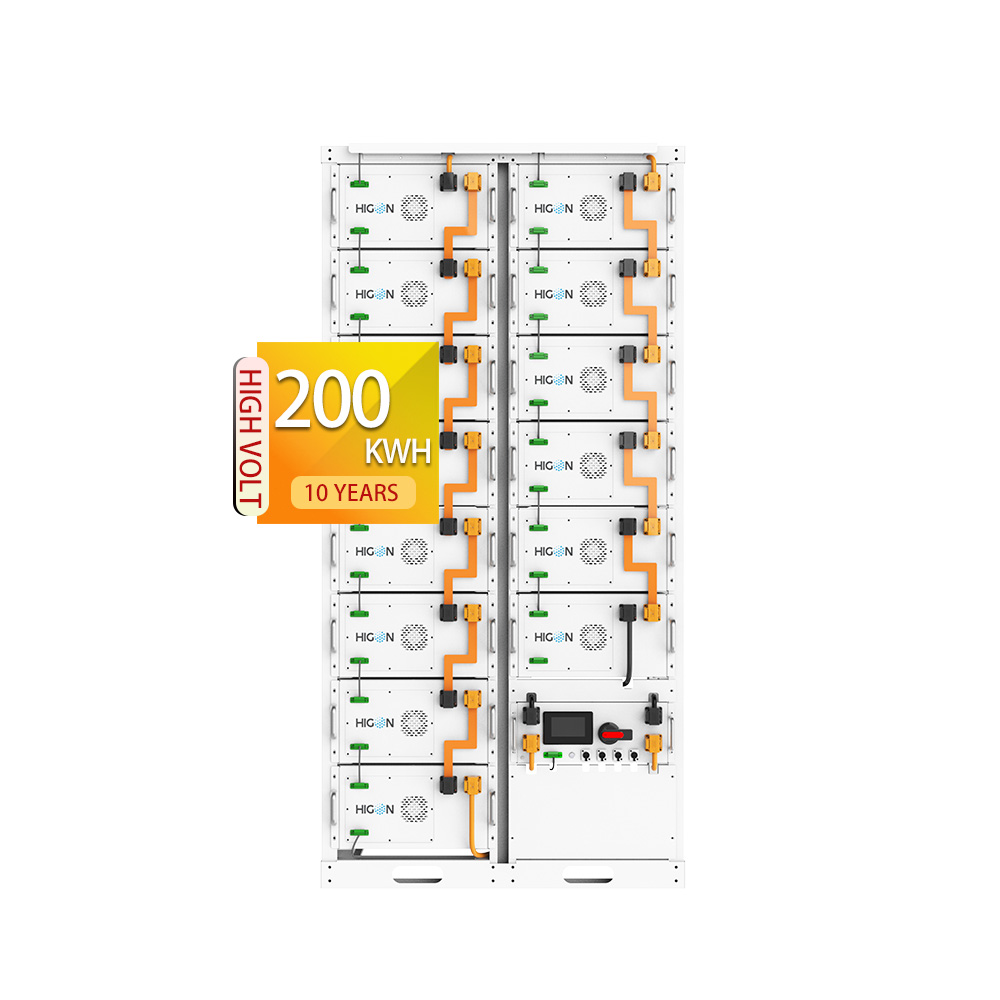
.png)